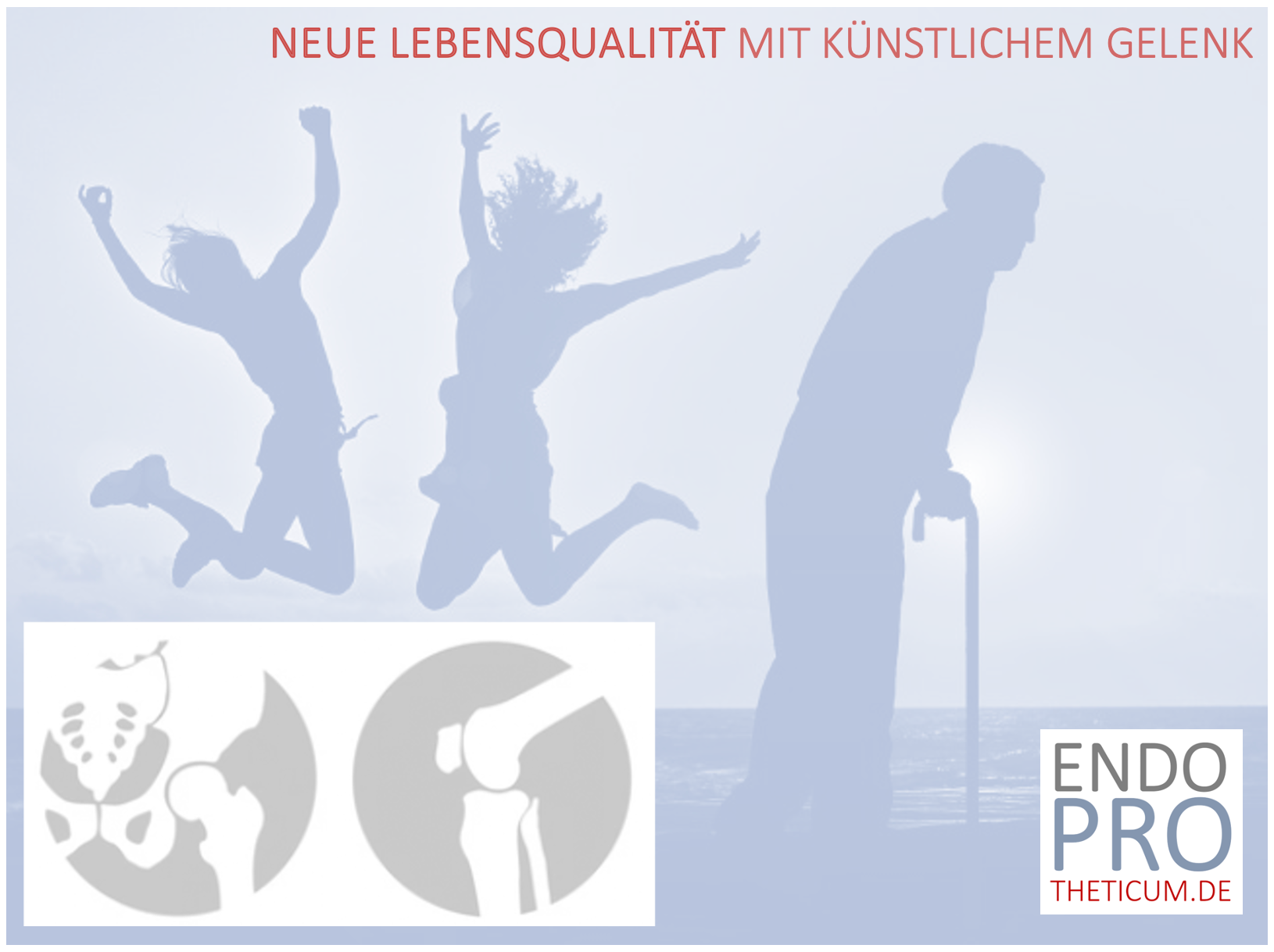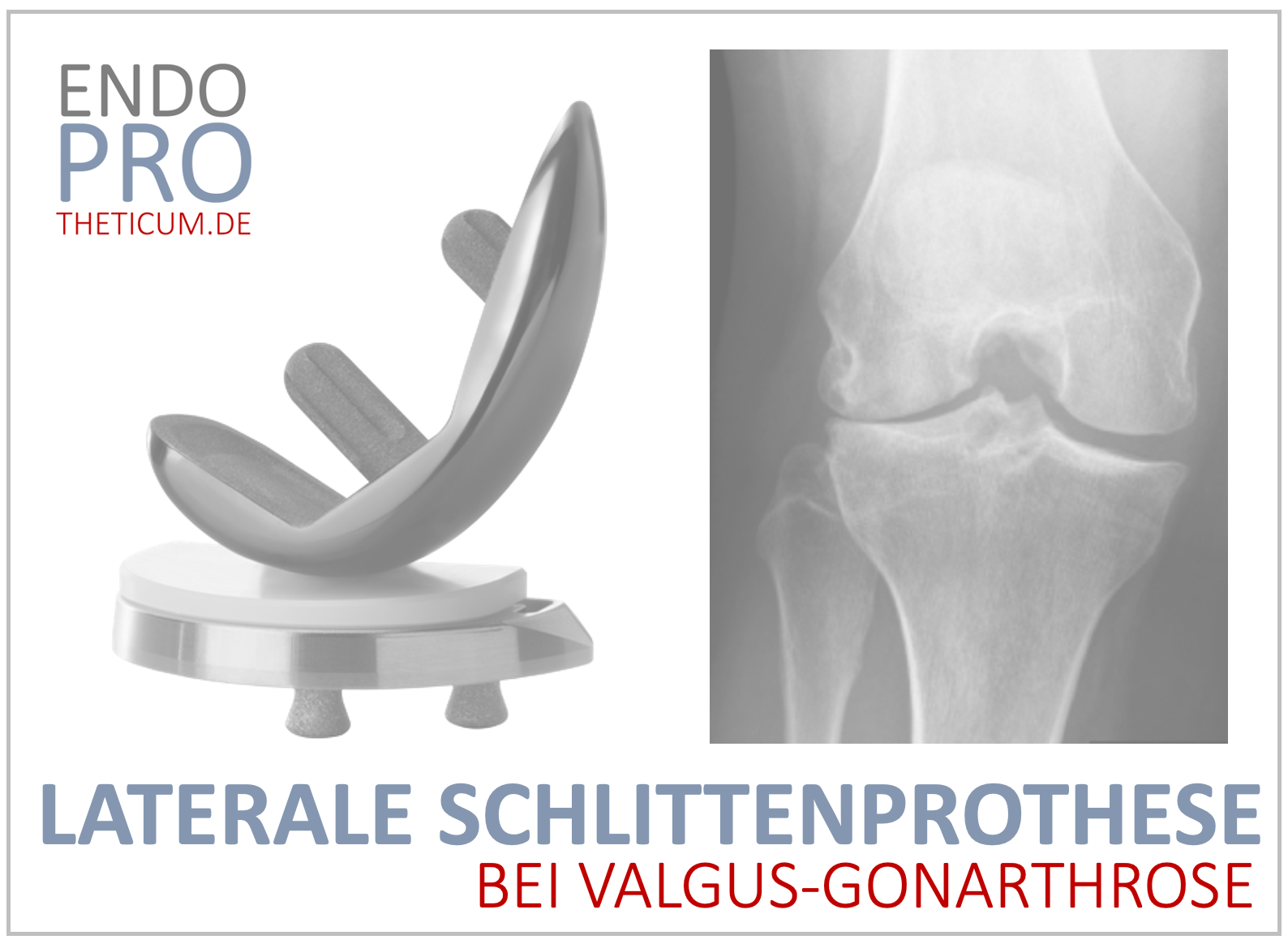Can you kneel with a total knee replacement?
Kneeling as a challenge after a TKA

A knee replacement can significantly improve the quality of life of people with chronic knee problems by relieving pain and restoring mobility. But kneeling with a knee prosthesis poses a particular challenge, which is particularly important for working patients in physically demanding jobs. In this article, we look at the key aspects of kneeling after knee replacement surgery and why it is often problematic during total joint replacement. We also explain why a partial joint replacement such as a sled prosthesis offers better conditions here.
Why is kneeling problematic with a knee prosthesis?
Kneeling is challenging after a knee replacement for several reasons:
Limitations due to the prosthesis mechanics
A total knee replacement (total endoprosthesis, TEP) replaces the entire knee joint and changes the natural biomechanics of the knee. The prosthesis is made from metal components and a polyethylene insert, which makes the joint stiffer. This can limit mobility, particularly bending beyond 120 degrees, which is required for kneeling.
Pain and tenderness
Another factor is the pain or feeling of pressure that patients feel when kneeling. The skin, the underlying tissue and the prosthesis itself are put under a lot of strain when kneeling, which can lead to discomfort or pain.
Psychological barriers and insecurity
Many patients feel insecure when they put pressure on the knee. They fear damaging the prosthesis or causing discomfort, which leads them to avoid kneeling from the outset.
Differences between full dentures and partial dentures
Total endoprosthesis (TEP)
A total endoprosthesis replaces the entire knee joint. This is necessary if all three compartments of the knee - inner, outer and patellar joints - are affected. While a TEP offers a high level of pain reduction and an improvement in mobility, extreme bending positions such as kneeling are often severely restricted. A complete restoration of natural mobility is not possible due to the mechanics of the prosthesis.
Sliding prosthesis (partial prosthesis)
In contrast to TEP, a sled prosthesis only replaces a single compartment of the knee joint, usually the inner (medial) or outer (lateral). The natural biomechanics of the knee joint are largely preserved, allowing for better mobility. Studies show that patients with a sled prosthesis are often better able to perform movements such as kneeling or squatting.
Effects on everyday working life with a knee prosthesis
Requirements in physical jobs
Physically active jobs – e.g. B. craftsmen, nursing staff or floor layers – often require kneeling. With a total endoprosthesis, these patients often have to adapt their professional requirements. It is important to be informed about these restrictions before the operation.
Alternatives and advice
A partial joint replacement may be a suitable alternative for patients who want to remain physically active. But here too, individual circumstances such as age, bone substance and the extent of the knee damage are crucial.
Kneeling with a knee prosthesis - what does the evidence say?
Study situation on mobility after knee prosthesis
A meta-analysis of current studies shows that around 50-60% of patients have difficulty with movements such as kneeling or deep squatting after TEP. Patients with a sled prosthesis perform better here: up to 80% report greater freedom of movement when bending.
Long-term effects on quality of life
The restrictions when kneeling can have a negative impact on the quality of life, especially for patients with high professional or personal demands on this movement. Early counseling and rehabilitation are crucial here.
Conclusion – kneeling after a knee replacement usually remains restricted
Patients with a complete knee prosthesis must be prepared for the fact that kneeling is often no longer possible or only involves considerable restrictions. The mechanical properties of the prosthesis and the sensation of pressure contribute significantly to these limitations.
For patients who place great value on the ability to kneel, a sled prosthesis can be a suitable alternative. It allows greater freedom of movement and better maintains the knee's natural biomechanics. Careful consultation before surgery and consistent rehabilitation are the key to achieving the best possible result for each patient.
MAKE AN APPOINTMENT?
You are welcome to make an appointment either by phone or online .



























